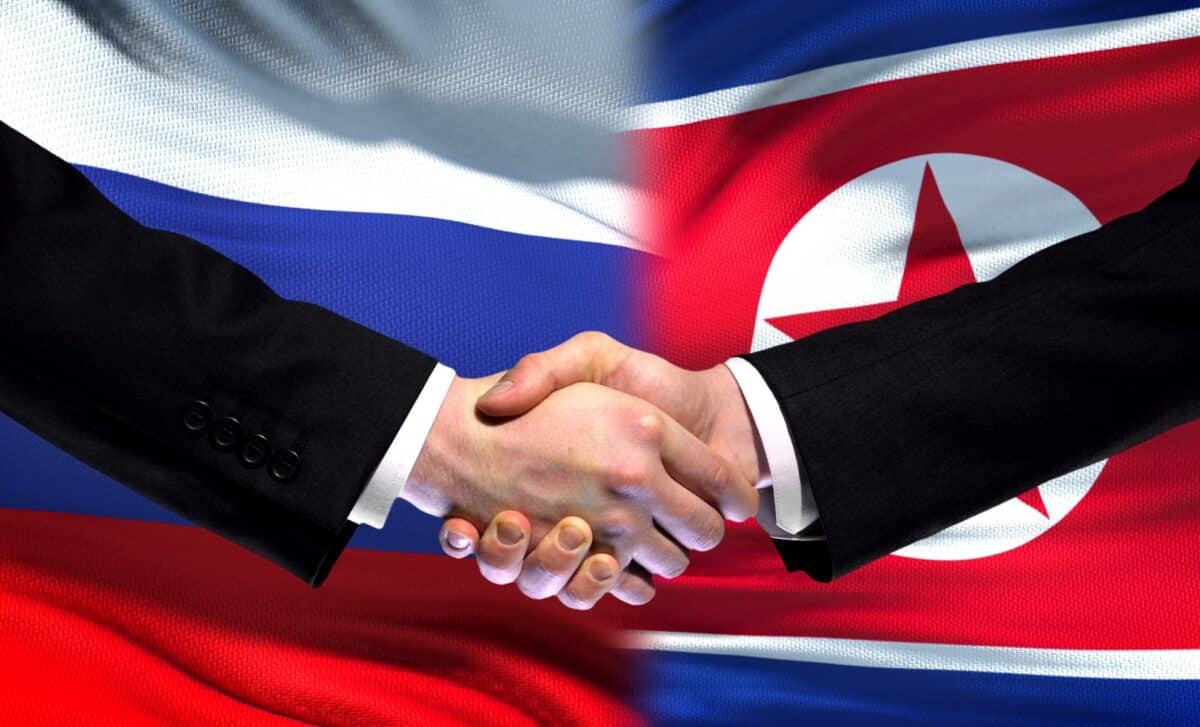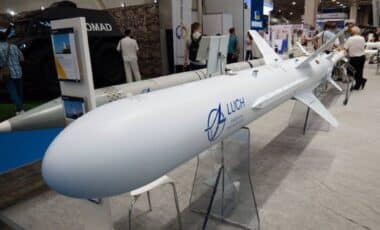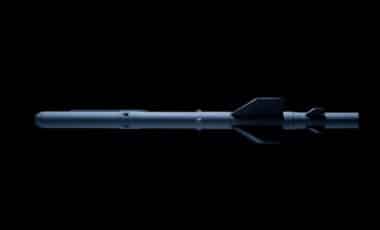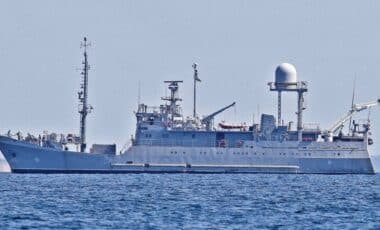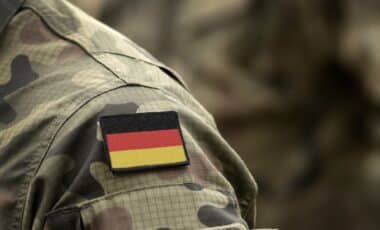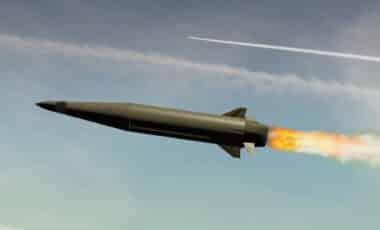Russia has taken a significant step in expanding its military cooperation with North Korea, agreeing to help Pyongyang establish sites for the production of Iranian-designed Shahed drones. The move, confirmed by Ukrainian intelligence officials, is poised to shift the regional military balance, particularly in the context of the ongoing conflict in Ukraine. As Moscow and North Korea forge closer ties, the implications for global security continue to unfold.
The partnership between Russia and North Korea is not entirely new, as both countries have deepened their military and strategic relations in recent years. North Korea, already a key supplier of ammunition and missiles to Russia, is expected to further benefit from Russian assistance in weapons development. According to Lieutenant General Kyrylo Budanov, head of Ukraine’s GUR military intelligence agency, the new cooperation will likely alter the military dynamics in East Asia. This collaboration comes at a time when Moscow and Pyongyang are both dealing with significant international scrutiny, especially as Russia’s war in Ukraine drags on, reports Newsweek.
Iran vs Israel: A New Intelligence War Over Nuclear Secrets Is Exploding
Shahed Drones: The New Weapon of Choice
The Shahed drones, originally designed by Iran, have already been used extensively by Russia in its assault on Ukraine. These drones, though slow-moving, are hard for Ukraine’s air defense systems to intercept, making them an increasingly troublesome weapon. According to Ukrainian media reports, Russia is now capable of producing roughly 170 new Shahed drones each day within its own territory. This capability, along with the new production sites in North Korea, could lead to a significant increase in the availability of these drones on the battlefield.
Experts, including William Alberque from the Henry L. Stimson Center, suggest that the expanded cooperation between Pyongyang, Moscow, and Tehran will enable North Korea to produce thousands, if not tens of thousands, of these drones. These drones, having been tested in battle, will likely be integrated into military doctrines and deployed more widely across various conflict zones. This collaboration signals a significant shift in the way these nations approach modern warfare, with drones playing an increasingly pivotal role.
Impact on the Korean Peninsula
The growing ties between Russia and North Korea are poised to have serious ramifications for security on the Korean Peninsula. While North Korea has long considered South Korea its “principal enemy,” the recent developments could escalate tensions further. With North Korea ramping up its missile and drone capabilities, South Korea could face an increasing threat to its airspace and critical infrastructure.
Kyrylo Budanov, speaking to the source media, highlighted that the collaboration between North Korea and Russia on Shahed drones would lead to a shift in the military balance in the region. For South Korea, which already faces direct threats from North Korea, the introduction of these drones poses an additional layer of danger. To counteract this, experts suggest that South Korea would need to collaborate more closely with Ukraine and NATO to bolster its defense capabilities, particularly in shielding its airspace from aerial threats.
International Reactions and the U.S. Stance
The growing defense relationship between Russia and North Korea has not gone unnoticed by the international community. Last week, the U.S. State Department issued a statement condemning Russia’s support for North Korea, particularly in light of the recent visit by Russian Security Council Secretary Sergei Shoigu to Pyongyang. The U.S. has called for an end to this cooperation, which has raised concerns about the potential for further destabilization in both Ukraine and the broader region.
North Korea’s state news agency confirmed that Pyongyang and Moscow had agreed to “dynamically expand and develop” their relations, marking a deepening of their strategic partnership. In turn, North Korean leader Kim Jong Un assured Russia of his country’s “unconditional support” for Russian foreign policy, particularly regarding the situation in Ukraine.

